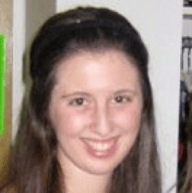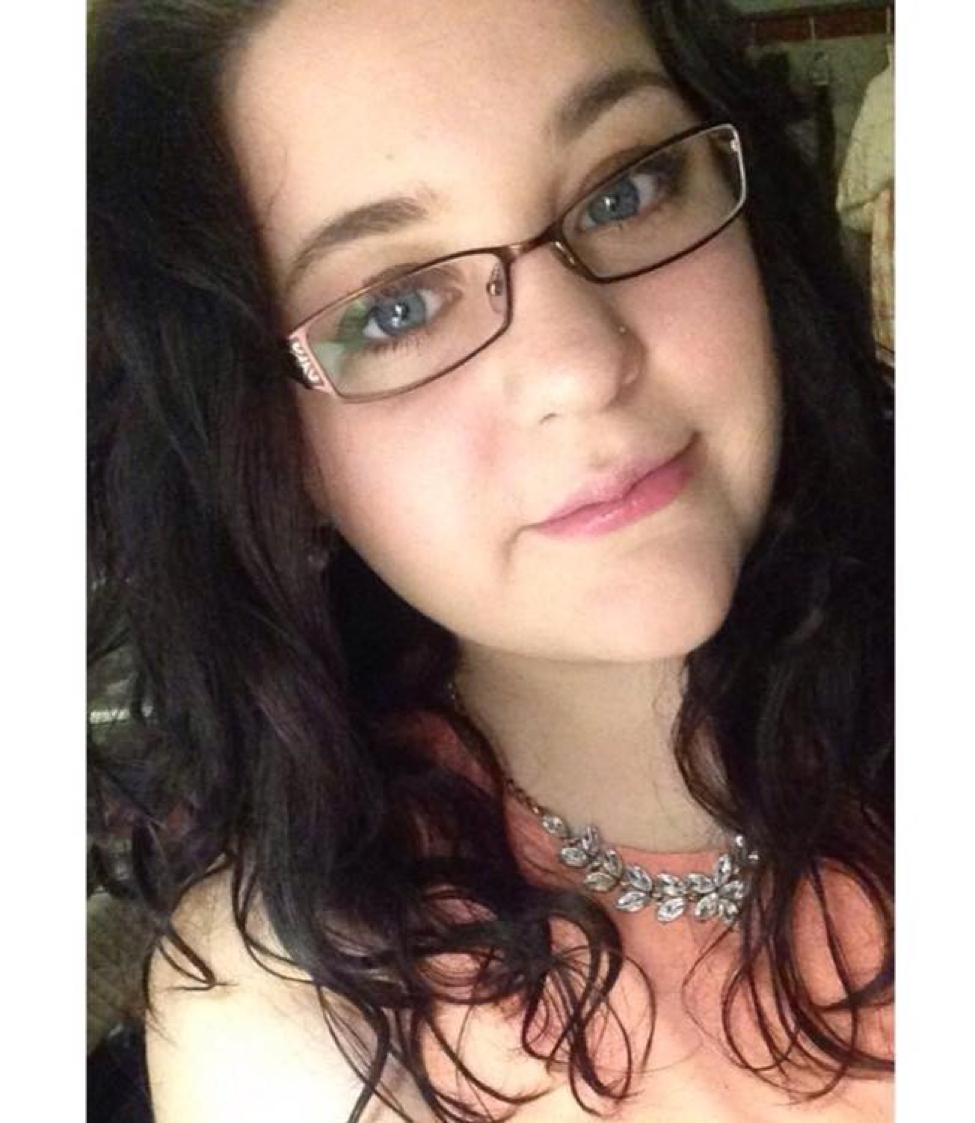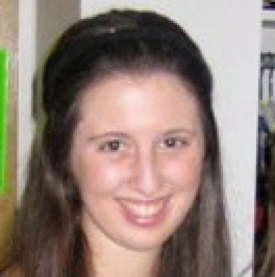Interviews from the Field: Casey Bryn McCarthy
Interviews from the field
As a speech-language pathologist working in Early Intervention, Casey Bryn McCarthy has a passion for communication and expression. Her passion for communication developed at an early age after working with children who have special needs. At fourteen years old, she began working at summer camps and volunteering at daycare centers, where she gained experience working with children with a diverse range of skills. Through these opportunities, Casey became particularly interested in children who have autism and cerebral palsy, and she now works with these children on a daily basis.
 Casey Bryn McCarthy Casey Bryn McCarthy |
Casey attended Wheelock College for her undergraduate education where she studied Developmental Psychology with a minor in Early Childhood Education. She then attended the Massachusetts General Hospital Institute of Health Professions where she received a Master’s degree in Speech-Language Pathology. During graduate school, Casey participated in a 6-month clinical placement within the Augmentative Communication Program and Autism Language Program at Boston Children’s Hospital working with children with complex communication needs, including those with autism spectrum disorders. Casey has been working as a speech-language pathologist for almost a year now, and it was clear from our discussion that she has a strong belief that all children deserve access to a means of communication.
Q: Was there any one child or key moment that sparked your interest in speech language pathology?
A: There was a little boy with autism in a daycare I was volunteering at who didn’t really have a clear means of expressing himself, so he definitely got me interested in working with children with communication disorders. There wasn’t a key moment that got me into SLP (speech-language pathology), but there were definitely key moments that got me interested in AAC (augmentative and alternative communication).
Q: Can you tell me more about the particular moments that sparked your interest in AAC?
A: When I was in graduate school, I did a placement in a pediatric outpatient facility where I saw children who had multiple disabilities and did not have any speech or means of expressive communication. I felt really frustrated for them that they couldn’t get their point across. After learning about AAC, it was really amazing to see how the whole world could open up for children once they were given access to a way of expressing themselves, connecting with people, learning and asking for what they wanted. They could gain access to the whole world!
|
"It was really amazing to see how the whole world could open up for children once they were given access to a way of expressing themselves, connecting with people, learning and asking for what they wanted. They could gain access to the whole world!" |
Q: It sounds like you knew you wanted to work with children who have special needs from a young age, but is there anything you would do differently on your path to being a SLP if you could go back?
A: In grad school, if I had known that I wanted to work with this specific population (children with severe/multiple disabilities) from the beginning that would have been helpful. I would have liked to have had an opportunity to work with children with multiple disabilities in more settings, such as in specialty schools or collaboratives.
Q: Can you briefly explain to me what your job entails?
A: I work with children with a variety of profiles. I see many kids who are late talkers, but I also specialize in working with kids with more severe disabilities that use AAC. It’s all home based, so we travel into the kid’s home, their daycare center or meet them in the community. We work with their parents to implement the strategies that are appropriate for them, help them access the world around them and improve their skills within their natural environments.
Q: You mentioned that you meet children at various locations; can you break down a typical work day for me?
A: I typically see 5 or 6 kids per day, and I go from house to house across 12 towns. I also go to the office to do paperwork or to help run the toddler group. We have toddler groups every day that include children who receive Early Intervention services as well as a few typically developing children who serve as peer role models for the other students.
Q: What is the most rewarding part of your job?
A: Forming relationships with children and their families is very rewarding for me. Also, just giving kids access to communication whether it’s through AAC or teaching them their first spoken words. It’s been really amazing seeing them gain power over their environment because they can ask for things, tell you to stop or show you something. It really opens up the world to them.
Q: What is the most challenging part of your job?
A: For me, the most challenging thing has been letting go because we have children from birth to 3 years old. It can be difficult when they turn 3 to trust other therapists to have the children’s best interest at heart, implement their goals, create new goals, and also support the families.
Q: Have you worked with many children who have autism?
A: Yes, I worked with children with autism in all of my clinical placements, so I was able to gain experience with this population in a school setting, a general pediatric outpatient setting, and in the Autism Language Program at Boston Children’s, which is more specifically geared towards meeting the needs of children with autism. I also had previously worked with children with autism through working at daycares and summer camps. In my current job, I only have 2 or 3 children with an autism diagnosis on my caseload, but I also work with children with ASD in the toddler group.
Q: Are there any specific materials, ideas or resources that you use with children who have autism?
It definitely depends on the individual child. I incorporate a lot of AAC for expressive communication, as well as visuals for receptive language support. When working with a child that is more withdrawn, I also use strategies to try to get into the child’s world, build attention skills, and really get them to connect with me. A connection is really important to get children to communicate with me and others.
Q: I know that you have recently entered the field of SLP, but are there any changes you hope to see within the next few years in your field?
A: I still think there are a lot of non-speaking children out there who are not getting access to other forms of communication. Getting wide spread acceptance that all kids need a way to communicate and that there aren’t any necessary prerequisite skills in order to do so. Children shouldn’t be denied speech language services based on perceived cognitive, motor, or sensory-perceptual impairments. No child is “too impaired” to benefit from services or to require access to communication.
Q: Do you have one memorable moment or child that you have worked with that stuck with you during your time in the field so far?
A: I have a little boy on my caseload that is turning 3 soon, who came in without any consistent way of expressing himself and now he is using a speech generating app very successfully. He can now ask for things he wants, tell other people what to do, joke around, and engage in social play with others by using the iPad. It’s been really amazing to see all of the progress he has made.
Q: Lastly, do you have any advice for aspiring early interventionists or speech language pathologists?
A: I guess I’d say the most important thing is to find people in the field who you look up to and can go to for advice as well as friends and colleagues that you can bounce ideas off of and talk to about successes and challenges. Having people who understand your experiences that you can talk to about your day-to-day career experiences, as well as your overall goals and dreams, is invaluable.

Kasey Salvatore
Kasey Salvatore is currently an undergraduate student at Lesley University majoring in special education and global studies. Her passion for special education was initially sparked at an early age through experiences with friends and family. More specifically, her mother was a special education teacher and therefore Kasey was introduced to the field throughout her childhood. Additionally, she has experience with children who have special needs through student teaching, friendships and volunteer opportunities. She also currently cares for a 5-year-old boy who has autism and a rare genetic disorder. Kasey’s ultimate goal is to work with children who have autism in an educational or therapeutic setting. In her spare time, Kasey can be found writing, drawing or spending time with friends and family.




